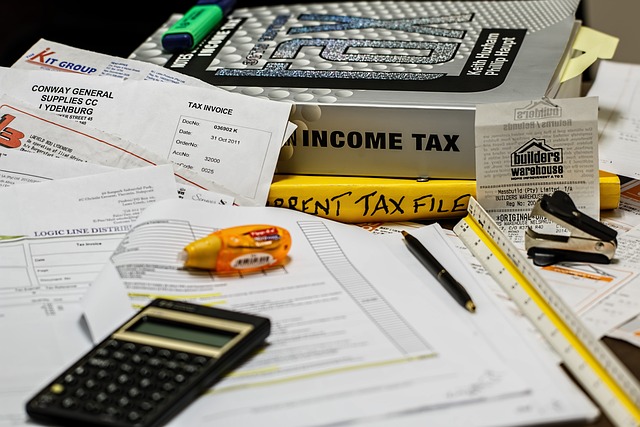
Taxing the informal sector: coping with coercion in Bamako, Mali
Abstract
Motivation
In recent years, research has shown that informal workers and businesses in low-income countries are increasingly taxed by the state. While rarely a significant revenue source, informal sector taxation in highly informalized economies affects a large proportion of the working population. Under such circumstances the question of whether taxing informal economic activity either improves or undermines state–society relations are still debated, particularly in the case of fragile states whose tax systems tend to be characterized by a high degree of coercion towards poor actors.
Purpose
Previous research has tended to focus on tax evasion and how to increase tax compliance in the informal economy. In this article, we aim to explore how informal sector actors in Bamako, Mali, interact with local tax collectors in various ways with varying levels of agency. On this basis, we develop a broader analytical framework for understanding local government–taxpayer relations.
Approach and methods
In a case study of Mali, a fragile state with violent conflict and a highly informalized economy, we made use of qualitative research methods with semi-structured interviews and focus group discussions with different actors in the informal economy.
Read full article




